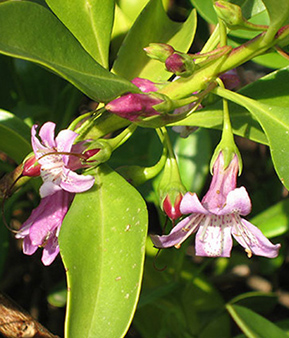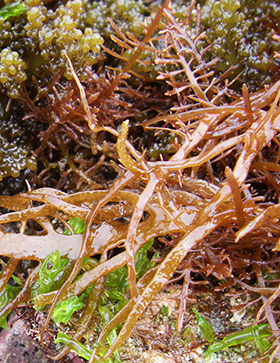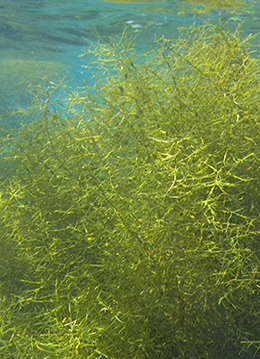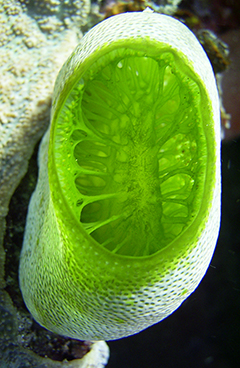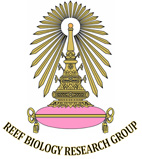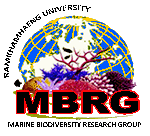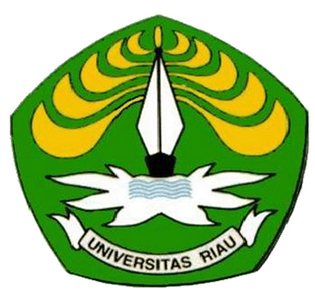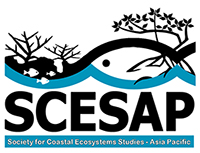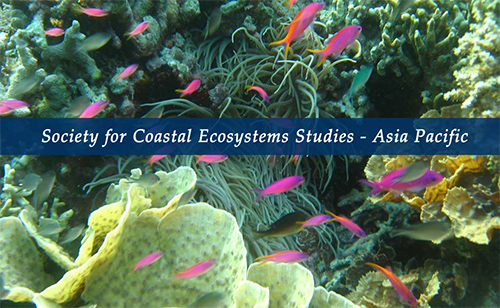Journal aims and scope
Coastal Ecosystems (CE), the main scientific publication of the Society for Coastal Ecosystems Studies - Asia Pacific, is a commercially-independent, open-access online journal (ISSN 2188-2037), which aims at providing a unique platform for the dissemination of scientific knowledge and information on coastal ecosystems worldwide. The journal is open to contributions from anywhere in the world. While the journal's outlook is global, some emphasis is placed on the Indo-Pacific where the highest concentration of coastal and marine species occurs, which are under ever-increasing threats of environmental degradation and loss. The journal covers ecology, behaviour, genetics, phylogeny, taxonomy, biogeography, evolutionary biology as well as applied issues of conservation and management of coastal ecosystems and their organisms from all latitudes. Research on biodiversity and ecosystem functioning (including biogeochemical processes and anthropogenic /climate-related impacts on coastal ecosystems) is of particular relevance to the journal. All habitat types and organisms from coastal environments (terrestrial, freshwater and marine) are considered, including river/ brackish-water systems, estuaries, coastal forests/mangroves, seagrasses, rocky-/sandy-shore systems, coral/non-coral reefs and adjacent open waters. Papars that deal with multiple system linkages and connectivity, e.g. river-sea, forest-stream-intertidal, mangroves-seagrass beds-reefs, as well as those on general ecological themes relevant to the study of coastal ecosystems also fall within the remit of CE.
Editorial Policy
Submitted papers that are judged to be below the acceptable standard with respect to style and content may be returned to the authors before going into our peer-review system. The journal publishes papers on the basis of their 'potential' usefulness and the soundness of data/results, while keeping the degree of value judgement to a minimum. The value of a paper is essentially left for the readers and scientific community to decide, e.g. in the form of cumulative numbers of citations. The editors reserve the right to add "Editor's comments" to each accepted article, expressing their (the board's collective) views at the time of its acceptance. Readability, clarity and conciseness of communication, and non over-interpretation of results are three essential components of an acceptable paper, with perceived deficiencies /uncertainties of the work explicitly stated in the text. Papers that over-generalise the results are not acceptable for publication in CE. Descriptive works are welcome, as well as experimental, analytical and theoretical ones.
Editors
Professor M. Tokeshi, AMBL-Kyushu University
Professor Helen T. Yap, The Marine Science Institute, University of the Philippines-Diliman
Categories and Submission
There are four categories of papers in Coastal Ecosystems :
1. Regular papers ; 2. Review papers ; 3. Forum papers ; 4. Data papers
“Regular papers” are research papers consisting of Abstract, Introduction, Materials and Methods, Results, and Discussion. “Review papers” can deal with any topic of interest to the journal, including management and conservation issues relating to coastal ecosystems. “Forum papers” concern a discussion of a particular topic, e.g. methodology, equipment, statistics, conceptual issues, etc. A single topic concerning the management and conservation of coastal ecosystems and their biological components can also be dealt with as a Forum paper. “Data papers” are mainly concerned with presenting fairly extensive data sets of scientific interest (including checklists of species), which may be used/referenced by wider scientific community, consisting of Introduction, Materials and methods, and Data explanation (a section corresponding to ‘Results’ in ordinary papers). Any data, biological/physical/chemical, can be presented, but their biological implications need to be clearly but concisely explained, with a minimum of speculative interpretations. The editors reserve the right to decide on the categorisation of a submitted/accepted paper.

Details for manuscript preparation and submission are found in the Instructions for authors. An example of prepared manuscript is here.
(1) Submission of manuscripts for publication in Coastal Ecosystems is open to all. There is no publication charge for Society members. Non-members must pay a publication charge of 80 USD, of which 30 USD (designated as Part A) must be settled at the time of submission (state in your submission email that you have already paid part A), which is unreturnable, and subsequently 50 USD (Part B) upon acceptance of the paper. Submission for symposium publication carries a flat charge of 50 USD with no separation of parts A and B. These should be settled through Paypal using a credit card:
(2) Manuscripts for reviewing purposes must be converted to PDF format before submission. Upon acceptance, the main text and tables are to be submitted as Word documents and figures as AI (Adobe Illustrator; preferred), PSD (Photoshop; preferred), EPS, JPG or TIFF.
(3) Please submit all manuscripts to the Editorial Office [ journal(at)scesap.org ] via e-mail or online. For online submission, you need to have your SCESAP membership number or a non-member key which is supplied upon payment of the first part of the publication charge (30 USD) on request. To: ONLINE Submission
Copyright
Copyright of the papers published in the journal belongs to the Society for Coastal Ecosystems Studies - Asia Pacific. Any form of commercial distribution of published papers and part thereof requires the Society's permission. Upon publication, the authors receive a pdf copy of their article which they are free to distribute.
Editorial and Production (Publication) Office
SCESAP HQ, c/o AMBL-Kyushu University, Reihoku-Amakusa, Kumamoto, 863-2507 Japan.
Enquiries should be directed to the Society's HQ: enquiry(at mark)scesap.org

